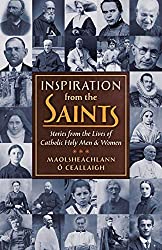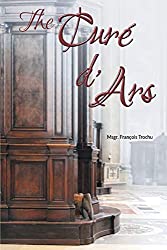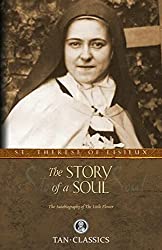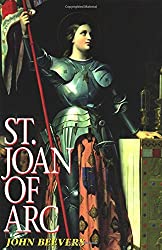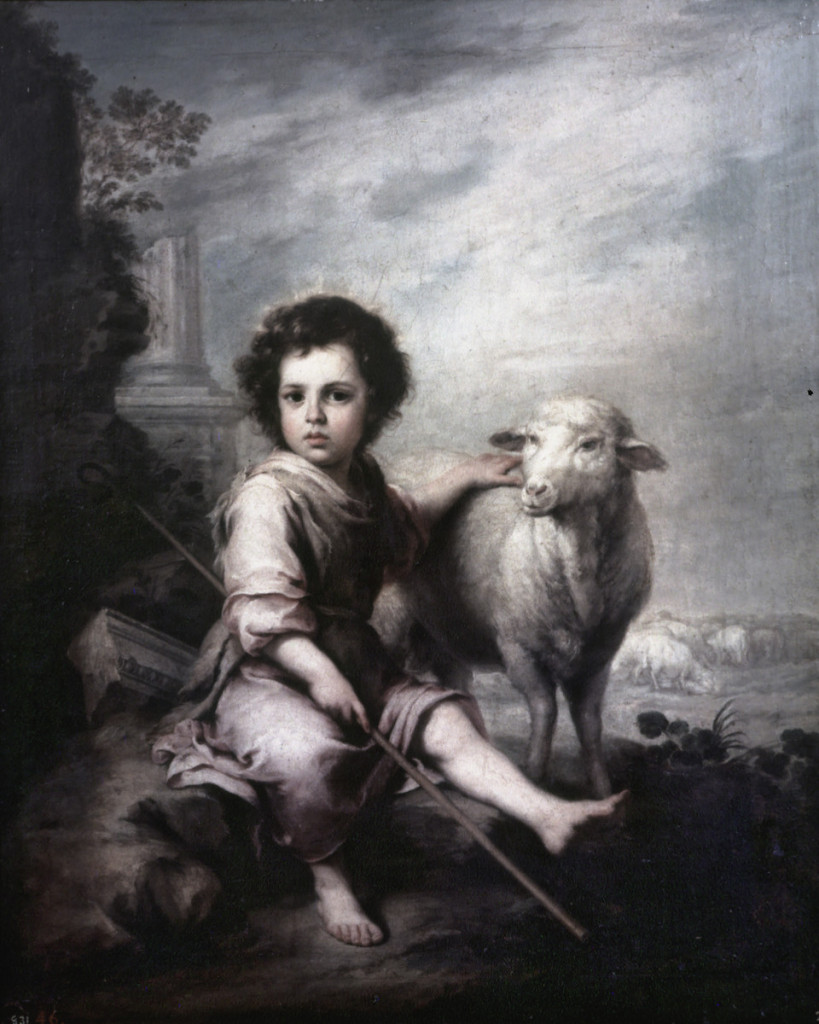
Roger and I returned to Ireland in April.
Our house is opposite the village chapel, which sounds the Angelus at twelve noon and six o’clock in the evening.
After living in the UK, where the Angelus is rarely heard, this was so exciting for me. I had the imagination that we were moving somewhere very traditionally Catholic. For we had lived in the rural West of Ireland before and were deeply moved by the piety we found there in the past …
The day we moved in, an exceptionally kind man helped us. He was from rural Donegal, renowned for being perhaps the most traditionally Catholic area in Ireland.
He and I were assembling a piece of furniture, when the Angelus bell rang. As I hesitated, waiting for him to join me in praying the Regina Caeli (for it was Eastertide), he said, “We haven’t got time to pray.” So I prayed the Regina Caeli alone.
I was absolutely gutted inside. My imaginations, or perhaps illusions, about the people here seemed dashed. This encounter has affected me more than I can say.
Now, you may think, well, this was simply one man and one incident. But, somehow, there was a deeper quality to the experience that suggested more than that.
On the other hand, over the months and weeks, I have been delighted to see how many people do come to Sunday Mass and how many also come to daily Mass. Our Priest is not at all shy of pointing out the fact that he notices when people don’t come. It has a great effect of swelling the congregation.
In the Christmas issue of the Irish Catholic Voice, there is an article about how Irish people now say “Happy New Year” on St. Steven’s day—as though Christmas is finished!
Strangely enough, last week, I heard the exact same words in a homily. The Priest stressed the importance of celebrating Christmas properly. He noted that after all the preparation throughout Advent, people seem to then rush Christmas and say, “Happy New Year” on St. Stephen’s day.
Naively, to both the article and the homily, I thought, it won’t be like that in our village. For in our village, people are more traditionally pious.
But to my dismay, on the third of January, the Octave Feast day of St. John the Evangelist, after Holy Mass, Roger and I were both approached separately and asked the very same question, “Have you got Christmas over then?”
To my questioner, I replied, “It is still Christmas.” The person treated me as though I was strange hanging on to Christmas and promptly changed the subject.
I was horrified.
“We haven’t even reached Epiphany”, I thought, “Why are people so keen to ‘get Christmas over’?”
The following morning, when I walked the dog in the early hours, through the dark streets of the village, my horror increased. Each and every house was bereft of Christmas décor. They had all taken it down. I was deeply saddened.
This is the most beautiful time of the year, when we witness the greatest miracle there ever was…
The Nativity of our Lord and Saviour.
It is the moment the Word became flesh. This miracle is unfathomable. Along with the Easter mystery, it is the most profound moment in history and fundamental for the understanding of our faith.
Through these Twelve Holy Days of Christmas we come to adore our tiny Saviour and allow Him to touch and heal our hearts.
And as we adore Him, as a tiny baby in the manger, there is a special magical quality, as though the angels are all around us.
So why is this most profound mystery, fundamental to our faith becoming lost?
The commercialisation of Christmas would seem to have catastrophic consequences on the awareness of our liturgical year. For people seem to easily get caught up in the commercialisation. By the time we arrive at Christmas itself, the profound mystery of the Word made Flesh has been obscured by the overbearing, crushing materialism of the season. People have had enough of it.
This is so incredibly sad, as Christmas, the time when we celebrate the birth of our Lord and Saviour, is perhaps the most precious time of the year. To spend the Twelve Days of Christmas rejoicing and celebrating, after our weeks of preparation through Advent, is deeply wondrous.
Something is very wrong, when commerce has more hold on the Catholic faithful than the Church Herself.
The Catholic Church is meant to provide an antidote to the world. She was established as a means to save our souls, to protect us from the dangers of the world, because we need protecting.
The more the Church is not experienced and understood as different from the world, the less we will receive Her necessary protection. Like sheep, we need to be penned in, or we are likely to stray.
For the Lord is the Good Shepherd and we are his sheep. His Church is our pen.
If the boundaries of this pen are not strongly secured, we are likely to stray.
Foreword for Monarchy by Roger Buck
Buying Books at Amazon Through These Links Gives Us a Commission. This Supports Our Apostolate. Thank You if You Can Help Us Like This!





